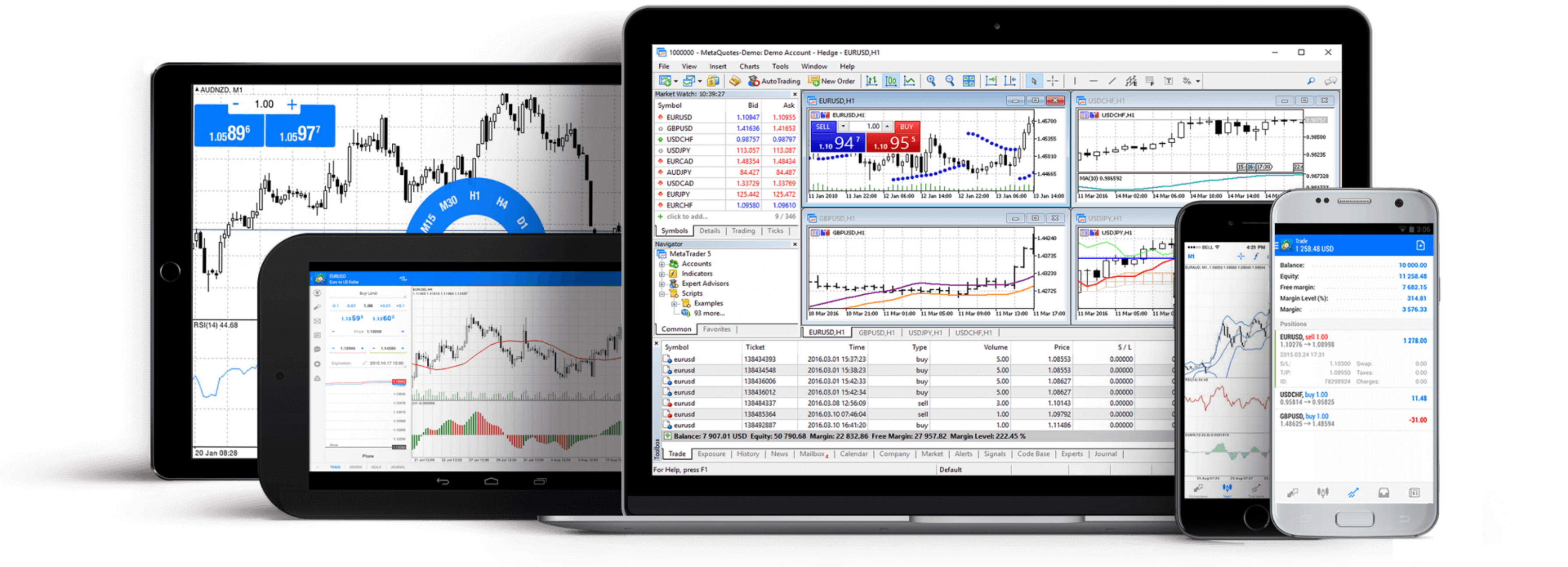Crude Oil
Crude oil, also known as black gold, varies in composition depending on geographic location. Brent crude oil is an international benchmark and is traded on the Intercontinental Exchange ( ICE ) in London. The US benchmark West Texas Intermediate ( WTI ) is traded on the New York Mercantile Exchange ( NYMEX ).
Gasoline
Reformulated Blendstock for Oxygen Blending (RBOB) refined from crude oil is used as fuel for automobiles and other light commercial vehicles.
Natural Gas
A much cleaner hydrocarbon than crude oil, natural gas is one of the most important energy sources and could play an even more important role in the future. The natural gas market continues to expand and is used in power generation, transportation, fertilizer, hydrogen, animal feed, and various manufacturing processes.
Coal
The dirtiest of all hydrocarbons, some developing countries rely heavily on coal for power generation. Its secondary use is steel production.
Electricity
Electricity part of the backbone of the global economy and traded on commodity exchanges. The type of generation affects prices and the market is highly decentralized, localized and volatile.
Ethanol
Fermentation of sugars by yeast or petrochemical processes produces ethanol. Applications include gasoline blending, medical and chemical applications, or personal consumption. Ethanol is also present in commercial rocket propellants and fuel cells.









